Affiliate links on Android Authority may earn us a commission. Learn more.
You asked, we answered: Why don't we talk more about LG?
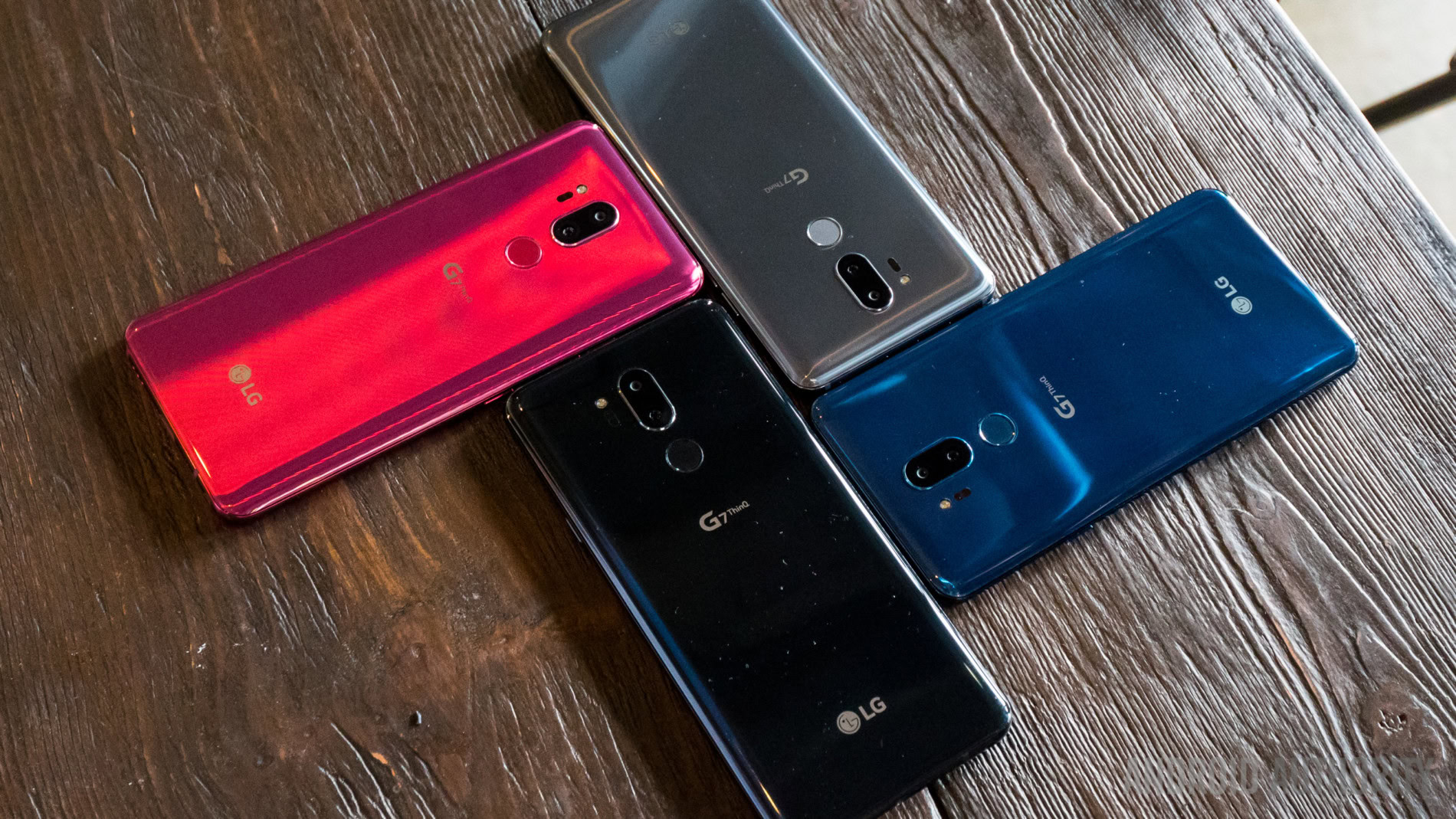
We recently ran a story about the phones our editors use as their daily drivers. Following its publication, we received a few messages concerning one particular manufacturer.
Some readers were surprised that a handful of us (three of the 30 or so surveyed) use LG smartphones because it doesn’t seem like Android Authority covers LG all that much. So do we cover LG less than other Android manufacturers?
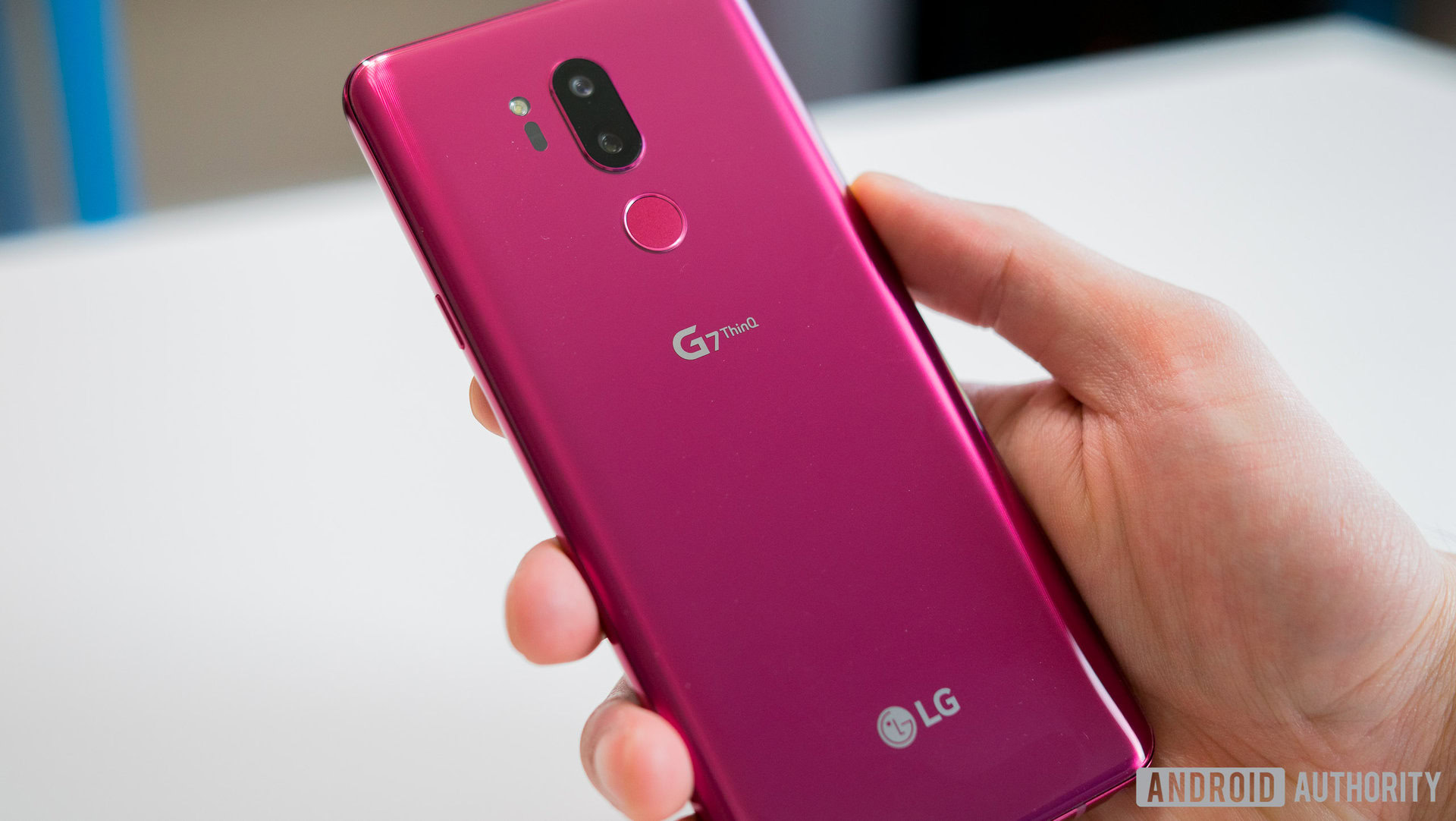
I’ve looked over what we’ve written on each manufacturer this year, and the answer is: not really. We’ve covered LG about as much as OnePlus, ASUS, and Xiaomi. (The company really lagging behind in our coverage is Sony, but we can tackle that another day.)
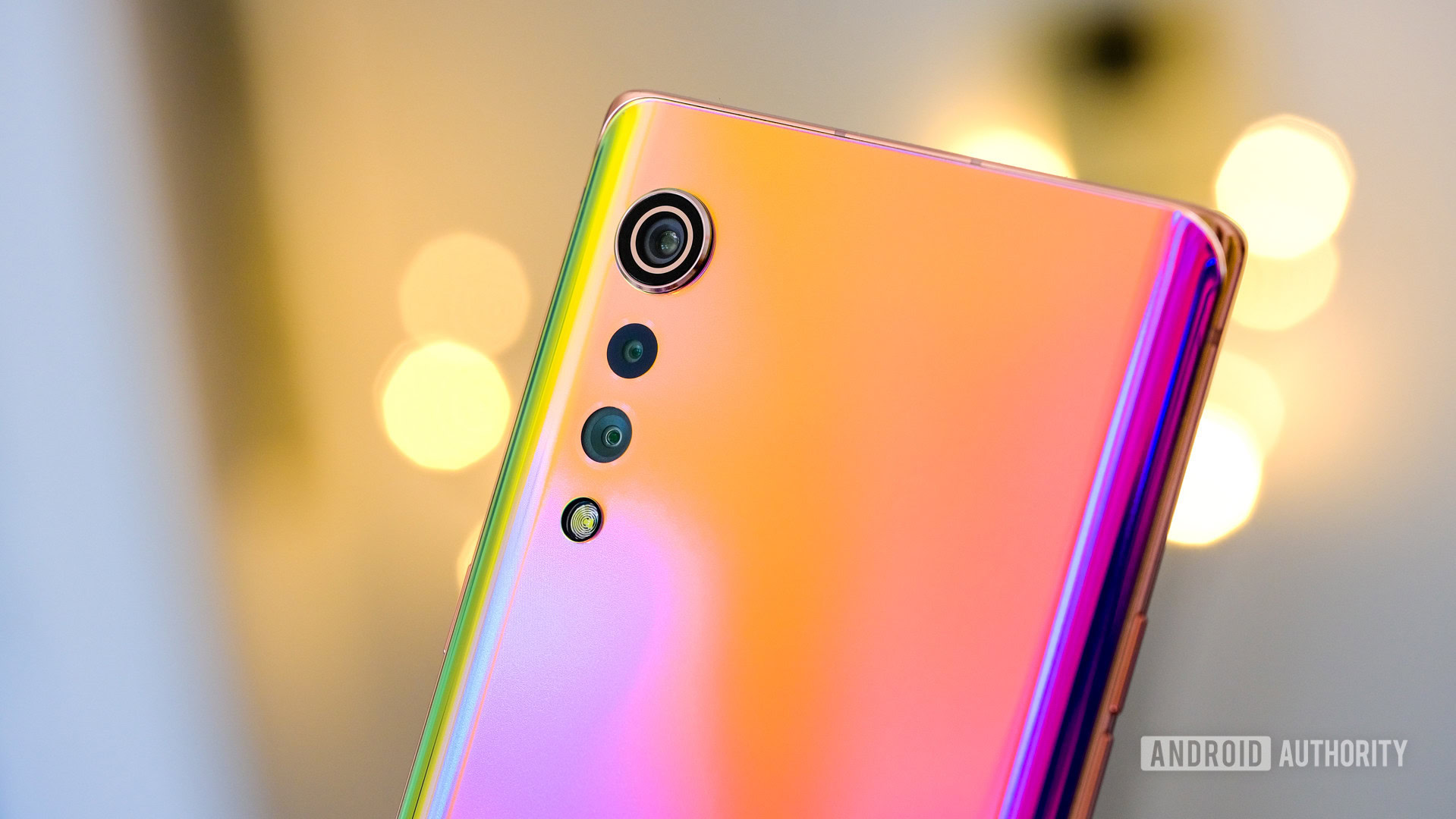
LG does, however, come in behind OEMs like Samsung, HUAWEI, and (weirdly) HTC.
So what gives?
The cracks in LG’s catalog
As an Android website, mobile device news makes up the bulk of what we talk about. When we see rumors or announcements of new products, we have a news story.
Manufacturers with larger catalogs naturally generate more news stories, but the same can be said for manufacturers who announce more color variants, accessories, updates, and technological developments.
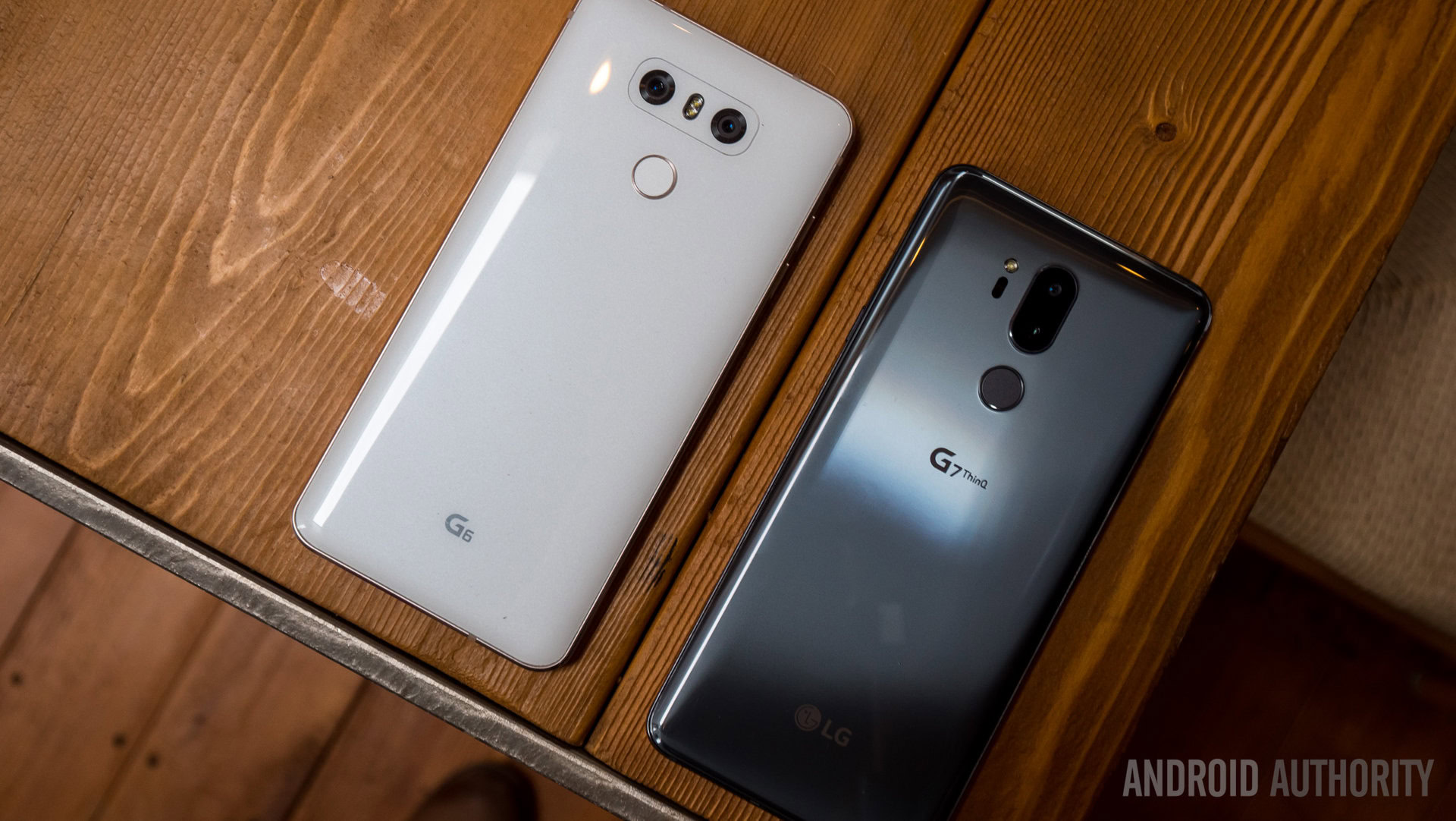
There was a distinct lack of LG product reveals this year until around April, when LG G7 ThinQ messages started popping up more regularly. In the past few weeks especially, many of the LG announcements we’ve encountered came out of South Korea.
Besides sheer product volume, though, there’s another aspect of product launches that affects news stories: what the products actually do.
HUAWEI launched the P20 Pro this year, a smartphone with a triple camera setup. This one facet of the handset can create a bunch of ideas. We could write about how the triple-camera works, what the benefits of it are, how it compares to other new camera technologies and smartphones, and more.
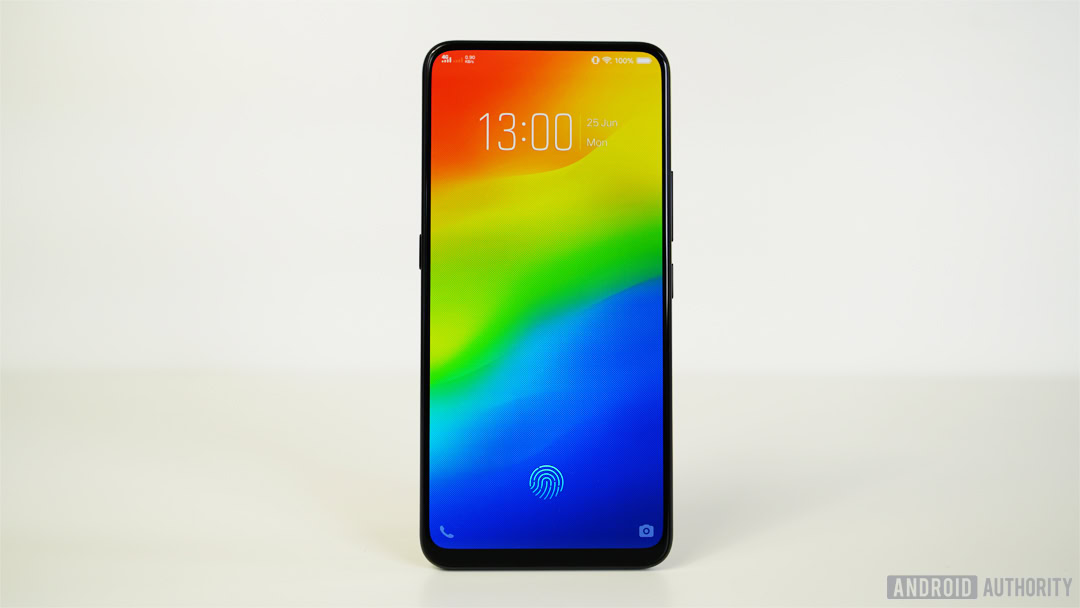
Phones like the vivo Nex offer new technologies like in-display fingerprint scanners and pop-up cameras. Then there are rumors about yet to be glimpsed products like Samsung’s folding phone, which can spawn multiple news stories per week.
LG phones typically score well in our reviews and many of us love them. However, once the review is out, there’s not always much else to say about a device. Sometimes it’s just not interesting enough to keep talking (and reading) about.
Consider the recent LG G7 ThinQ. None of its pros and cons are particularly extraordinary, crying out for further investigation.
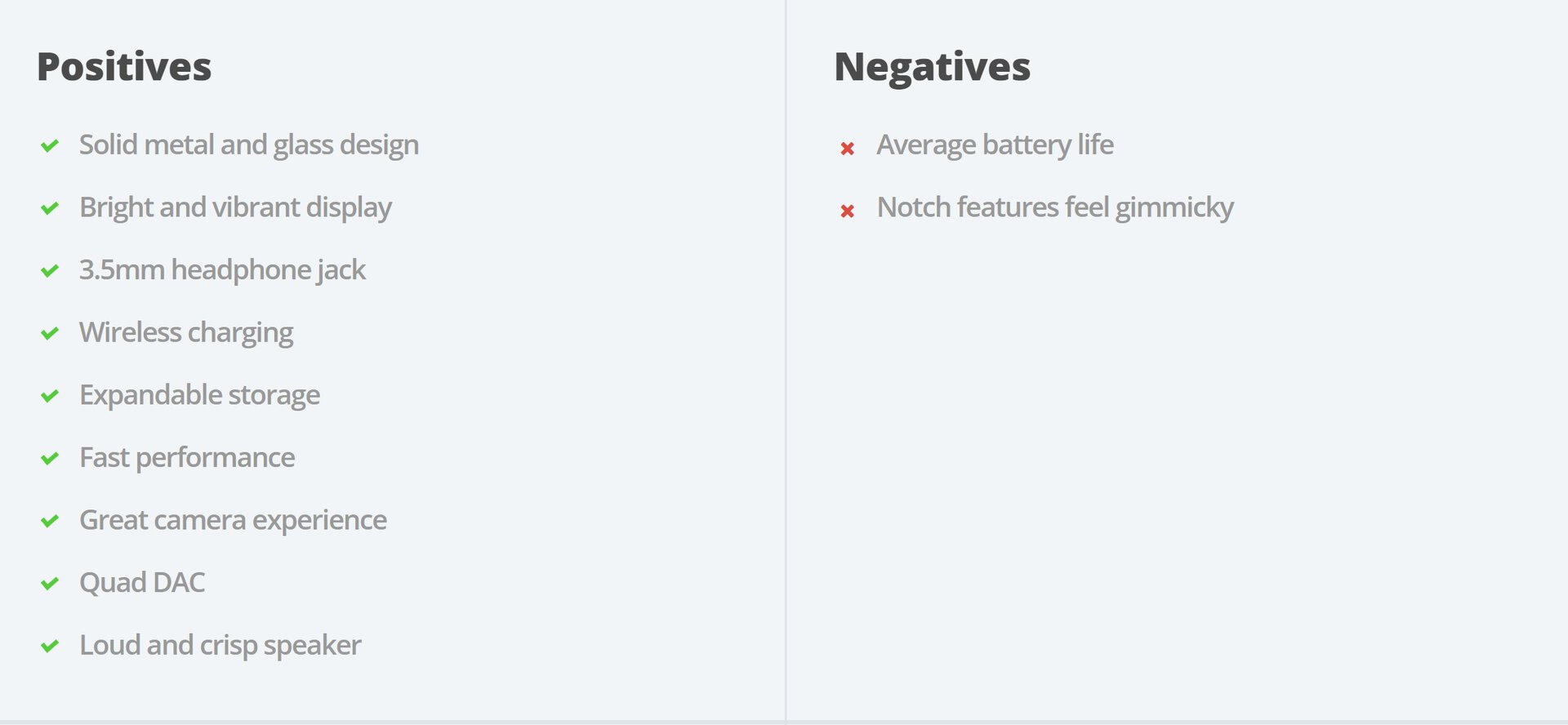
That doesn’t mean there’s anything inherently wrong with LG’s catalog. In fact, the G7 ThinQ is among the higher-scoring phones we’ve reviewed this year. This is just an insight into why it might be lacking the same coverage as others. If LG isn’t generating much news and we can’t find much else to say, we’re at a loss.
LG’s mobile personality
Aside from the products, another huge part of the news cycle relates to marketing, where LG doesn’t have the same clout as some of the other Android OEMs.
You have Xiaomi tweeting photos of its founders shot on its recent flagships, OnePlus’ founders talking in its forums, HMD Global’s Chief Product Officer tweeting about the innovations of the Nokia phones’ antenna design. These young companies have worked out the power of the smile and the wink and the “we’re rich and powerful, but still your best friends, really,” marketing approach, which can build communities and generate headlines.
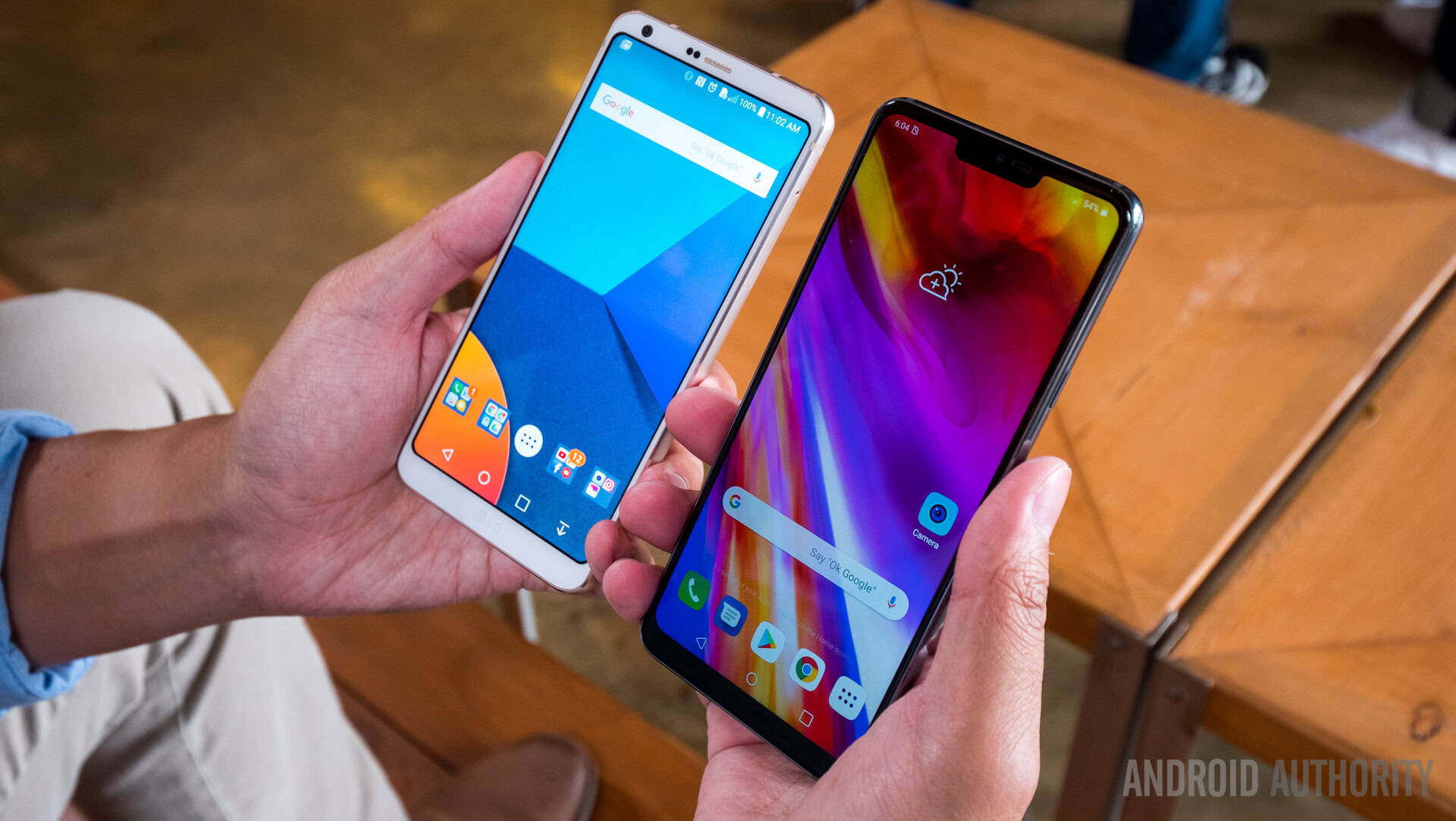
Pete Lau knows that if he writes a few sentences about OnePlus sticking with the headphone port, people will talk about it. They’ll talk about it on the forums, and on Reddit, and before you know it, every Android website will be covering it.
LG doesn’t seem to have this kind of visible “personality” in the West. At the very least it hasn’t managed to build that surrounding community to make it visible enough.
LG has tons of followers on its English language social channels, and it’s actually good at marketing. The company’s recent video commercial for its North American audience with Aubrey Plaza is bloody good.
LG just lacks the Facebook posts, forum posts, and tweets that other brands use to bag headlines.
If LG boasted about its commitment to the 3.5mm headphone jack, or wrote posts dedicated to the new V30S ThinQ’s colors, or defended the notch, we’d talk about it (OnePlus did all these things and, yes, we talked about it).
LG and bad news
They say no publicity is bad publicity and it could well be true in the Android world. HUAWEI has been accused of colluding with the Chinese government, OnePlus was caught manipulating benchmarks, Samsung’s boss was found guilty of corruption and embezzlement. HTClaid off 22 percent of its staff. The Google Pixel 2 XL had an almost unending stream of display issues.
None of it looks good, but it all made it into the news.
Perhaps it feels like LG is under the radar because the company hasn’t had quite so many troubles of late? It wasn’t long ago LG was making headlines for bootlooping problems and class action lawsuits. When did it all start going so right?
LG and you
As well as writing about what’s interesting, exciting or important, we also have to consider what our audience wants to read. Here’s a look at what Google Analytics has to say about LG and our visitors:
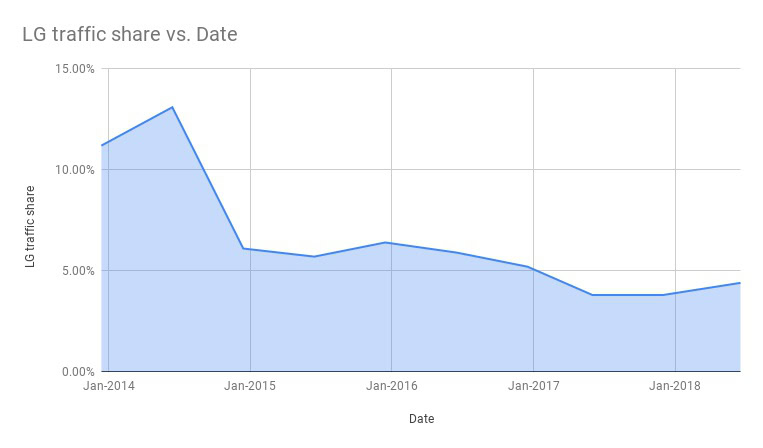
According to our site data, at that peak in June 2014, around 13 percent of our readers used an LG smartphone to access Android Authority. It was the second most popular smartphone brand behind Samsung.
Fast forward to June 2018, and that share is 4.4 percent, putting LG in sixth place behind Samsung, Apple, Google, Xiaomi, and HUAWEI.
Sure, just because our readers use fewer LG phones now doesn’t necessarily mean interest in LG is dwindling, but it’s something we consider when deciding what to spend our resources covering.
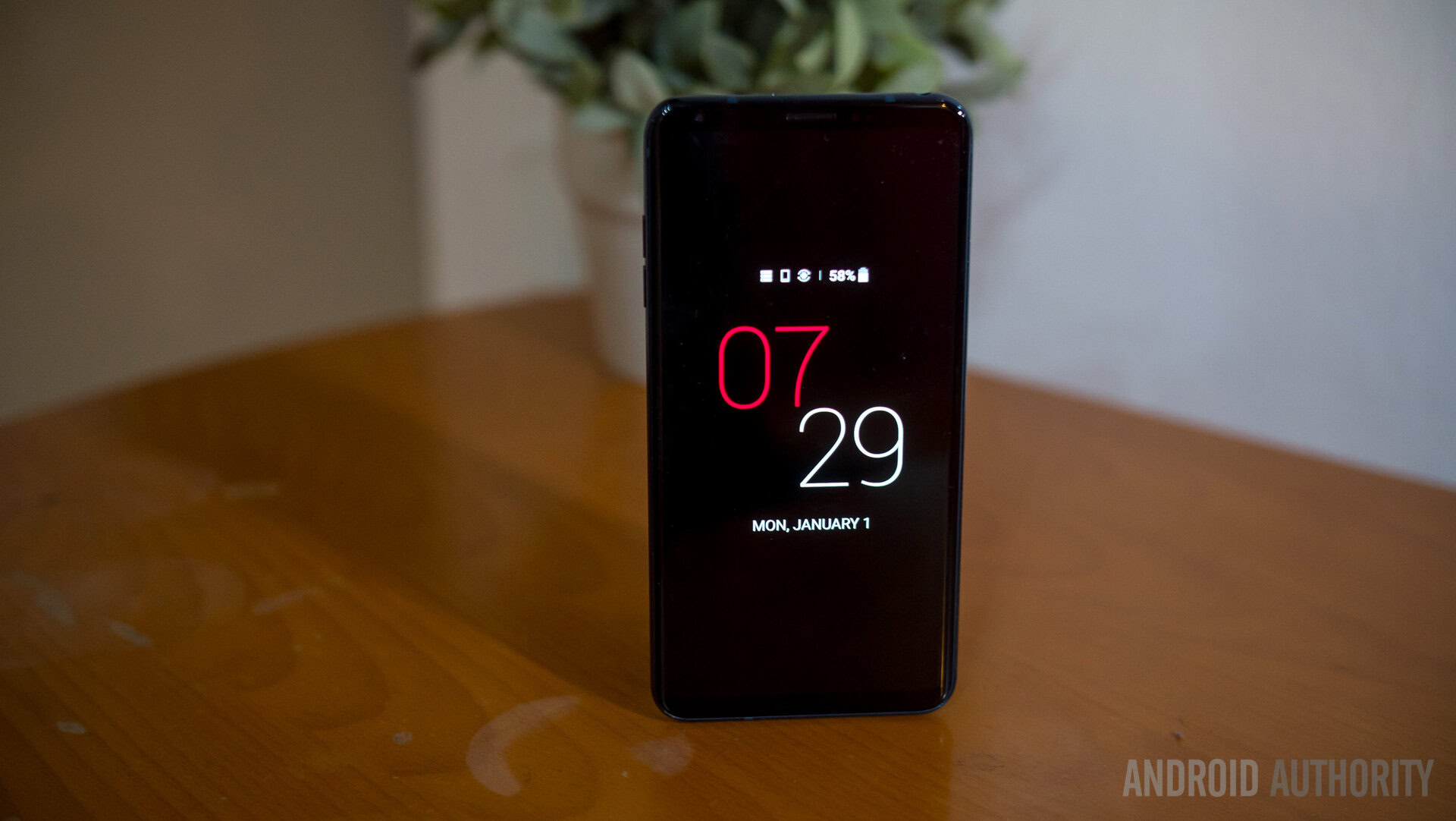
Even seemingly small-scale news like a sale or an incremental update gets as big and bold a headline as anything else on our website — and it all adds up. If readers feel we’re low on LG coverage, it’s not because we don’t like the company or think it’s no longer worth talking about.
The rationale for why we cover anything at all is multifaceted. You could apply many of the above comments to other OEMs.
Ultimately, we want to write the content you want to read, so if you have suggestions about what we should cover more, hit me up in the comments or on Twitter @scottadamgordon.